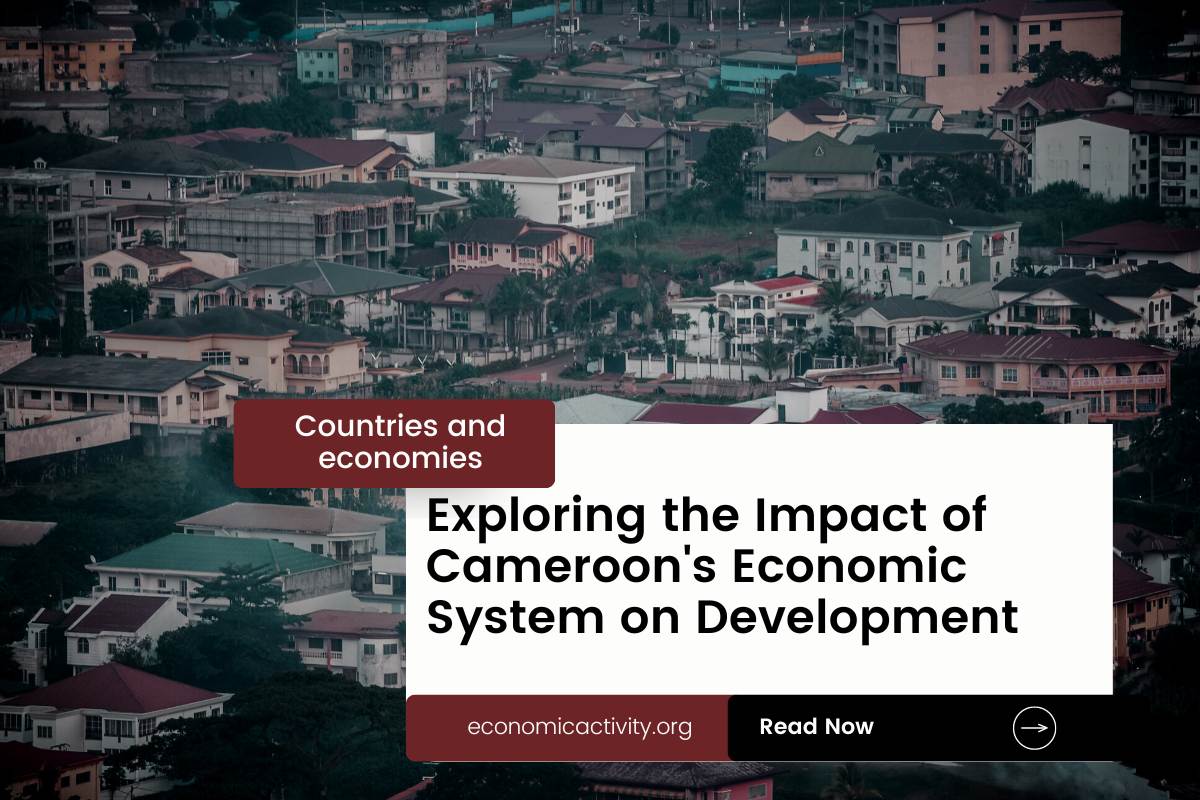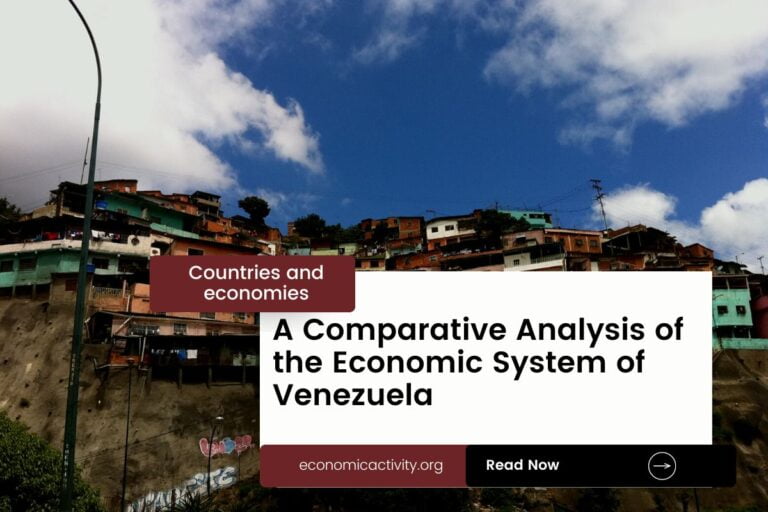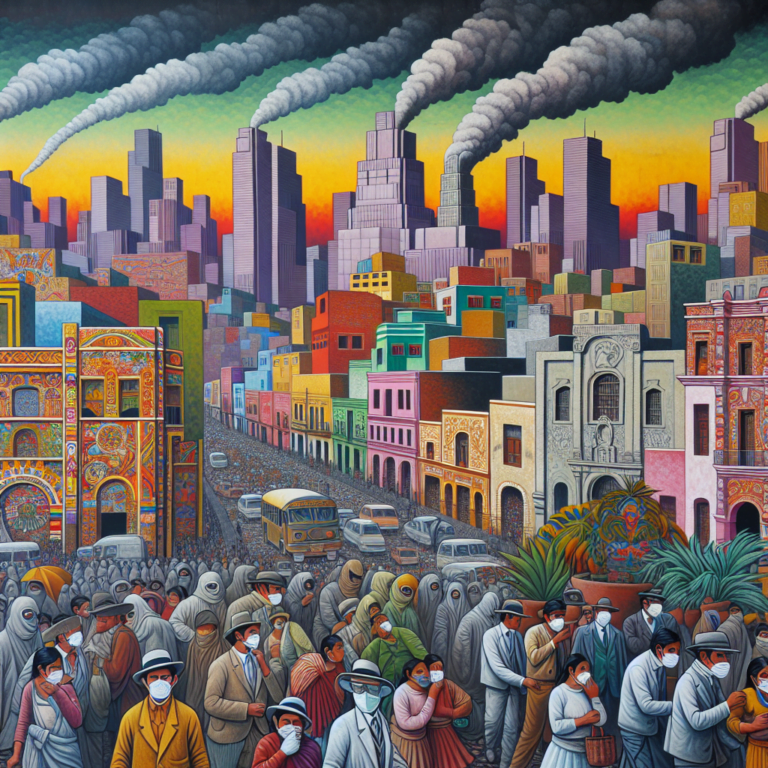What is the economic system of Cameroon? The economy of Cameroon is based on a mixed economy. The country’s economic system combines elements of a market economy and a planned economy.
In Cameroon, the economy comprises a private sector, consisting of individuals and businesses that make autonomous decisions based on self-interest, and a public sector, where the state determines the production and distribution of specific goods and services. No country is purely capitalist or purely communist.
What do the freedom indexes tell about the economic system of Cameroon?
Now, to determine if a country is mostly a market economy or a planned economy, it is useful to examine some economic indexes. For instance, according to the 2022 Index of Economic Freedom, which measures the ability of every human to control his own labor and property, Cameroon is ranked 136th globally and 27th in Sub-Saharan Africa indicating that the country has a mostly unfree economy.
In a similar way, the 2022 Freedom House index evaluates the state of political rights and civil liberties globally. Generally, market economies tend to align more with democracy and freedom, while command economies tend to be characterized by greater state control and fewer democratic and civil liberty protections. Cameroon gets a score of 15/100, which qualifies it as Not Free. Cameroon is a country where the government controls what people do for political reasons, and people have limited freedom to choose (what, how much, and how to produce, whether to buy or not, selling price, etc.)
The Link Between Public Sector Employment and the Economic System of Cameroon
An indicator of the extent to which the State is involved in the economy is the number of public sector employees. In Cameroon, according to ILOSTAT, the number of public sector employees as a percentage of the total workforce is 9.8% (2014). In the country’s mixed economy, the number of public sector employees as a percentage of the total workforce varies based on the specific policies and practices adopted by the State. Some economic activities are left to the private sector while others are under government control. The bigger the public sector the closer is the economy to being a command economy.
What does the biggest company in Cameroon say about the country’s economic system?
The biggest company in Cameroon should also be looked at, as well as whether it is a state-owned or private company. In this case, Sa Des Brasseries du Cameroun is a mixed private-public company from Cameroon. It is owned by both the public and private sectors, allowing both to benefit from its operations.
The historical factors that have influenced the economic system of Cameroon
The mixed economy of Cameroon in the last century has been caused by a combination of factors, including government intervention, foreign investment, and the opening of markets to international trade. Government policies have focused on improving infrastructure, creating jobs, and encouraging private sector growth, while foreign investment has provided capital for businesses and the opening of markets has allowed for increased competition and the introduction of new products and services. These factors have all contributed to the current mixed economy of Cameroon.





Leave a Reply